Read time: 8 mins
As a homeowner or renter, you may be familiar with the frustration of receiving a high electricity bill. Even if you are careful with your energy use, you may still find yourself wondering why your bill is so high. Let's explore the various factors that can impact your energy costs and offer some tips for reducing your electricity bill.
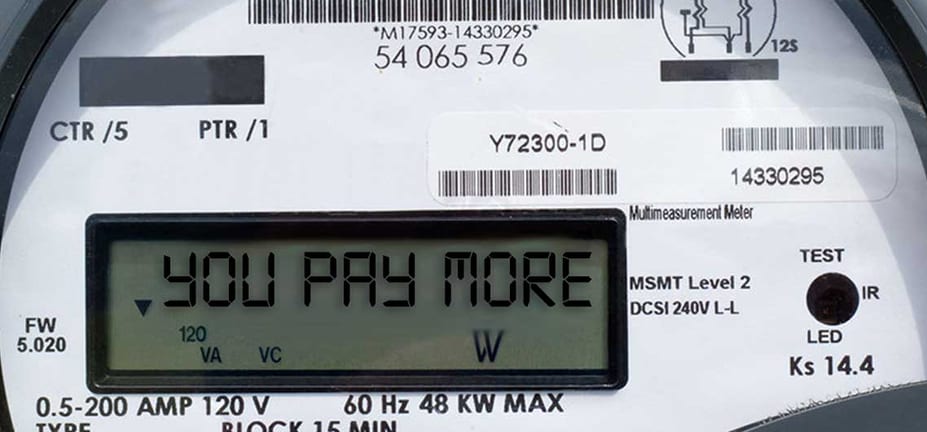
Understanding Your Electricity Bill
Before we dive into the factors that can affect your energy costs, it is important to understand how your electricity bill is calculated. If you ever need a professional to double check your switchboard or metre box, then just get in contact with our electricians. Your bill will typically include several charges, including:
Base Charges
These are fixed charges that are the same every month, regardless of how much electricity you use.
Energy Charges
This is the amount you are charged per kilowatt-hour (kWh) of electricity you use. The energy charge can vary depending on the time of day or the season.
Taxes and Fees
Your bill may also include taxes and fees, such as a state or local sales tax, a franchise fee, or a renewable energy fee.
Energy Usage
The most obvious factor that affects your electricity bill is how much energy you use. The more energy you use, the higher your bill will be.
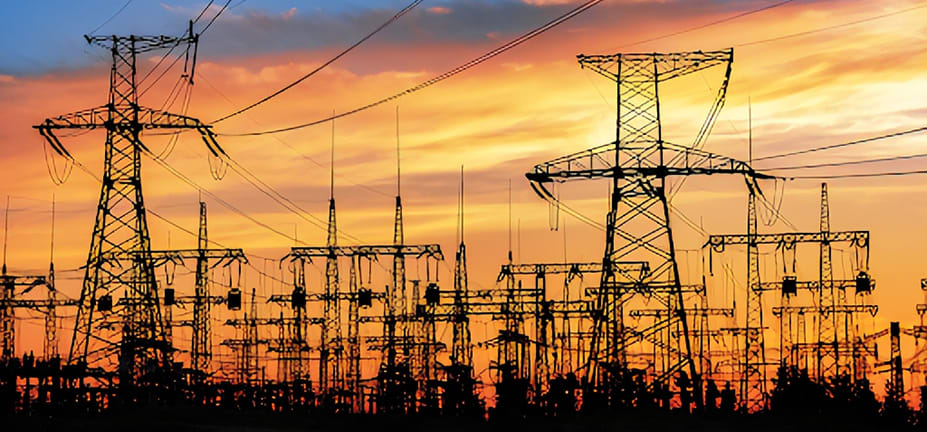
Time of Use
As mentioned earlier, some energy providers offer different rates depending on the time of day you use energy. If you use more energy during peak hours, you may be charged a higher rate.
Weather
Extreme weather conditions, such as heat waves or cold snaps, can cause your energy usage to spike. If you are using your heating or cooling system more frequently, you can expect to see a higher electricity bill.
Appliance Usage
Some appliances use more energy than others. For example, a refrigerator or air conditioning unit will use more energy than a lamp or TV. If you have a lot of energy-hungry appliances in your home, your electricity bill will be higher.
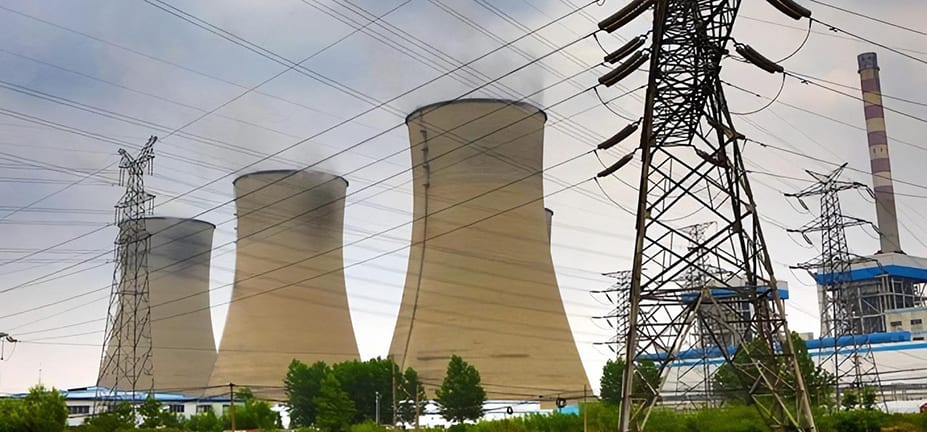
Energy Efficiency
If your home is not energy-efficient, you may be using more energy than necessary. Poor insulation, drafty windows, and old appliances can all contribute to higher energy usage and a higher electricity bill.
Tips for Reducing Your Electricity Bill
Now that you understand the factors that can impact your energy costs, let's explore some ways to reduce your electricity bill.
Adjust Your Thermostat: If you have a programmable thermostat, set it to a slightly higher temperature in the summer and a slightly lower temperature in the winter. This can help reduce your energy usage and lower your bill.
Upgrade Your Appliances: Investing in energy-efficient appliances can save you money in the long run. Look for appliances with the ENERGY STAR label, which means they meet strict energy efficiency guidelines set by the U.S. Environmental Protection Agency.
Use Energy-Saving Light Bulbs: Replace your traditional incandescent light bulbs with energy-saving LED bulbs. They use less energy and last longer, which can help reduce your electricity bill.
Seal Air Leaks: If your home is drafty, you may be losing energy through air leaks around windows and doors. Seal these leaks with caulk or weatherstripping to improve your home's energy efficiency.
Unplug Appliances When Not in Use: Even when appliances are turned off, they can still use energy if they are plugged in. Unplug appliances when you're not using them to reduce your energy usage and lower your bill.
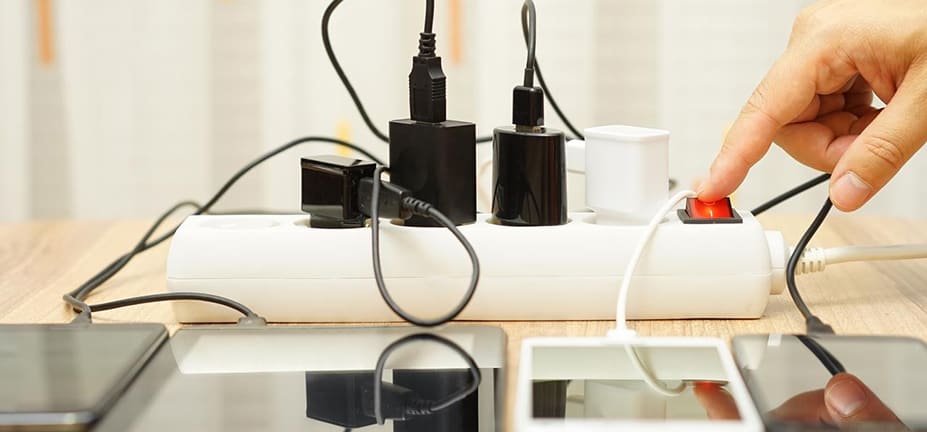
It Takes Effort, But You Can Save
Understanding the factors that affect your electricity bill can help you identify ways to reduce your energy costs and save money. By being mindful of your energy usage, investing in energy-efficient appliances and products, and improving the energy efficiency of your home, you can make a positive impact on both your wallet and the environment.
Try turning off appliances when not in use, using energy-efficient light bulbs, and adjusting your thermostat. Little changes can make a big difference!Tweet This
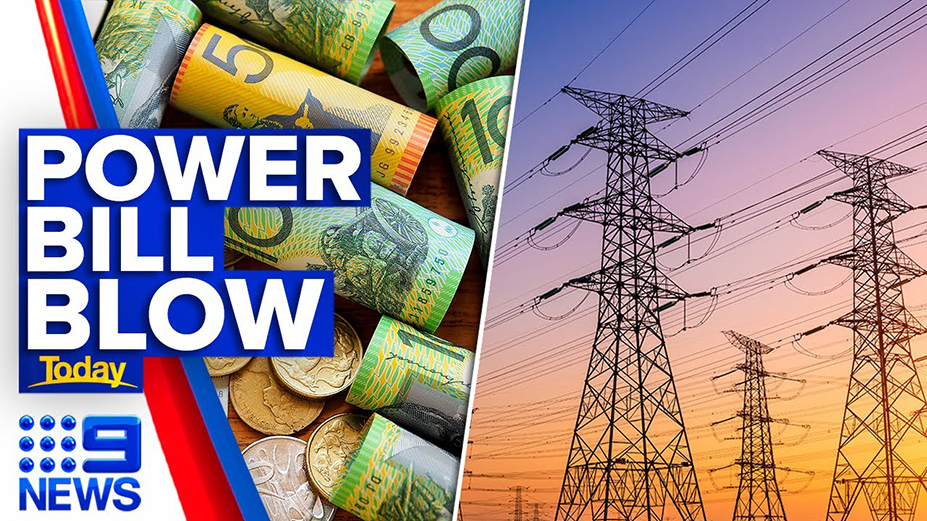
FAQs About Electricity Bills
Yes, there is a possibility that your electricity bill could be incorrect. If you believe that you have been overcharged or that there is an error on your bill, contact your energy provider to address the issue.
Consider scheduling a home energy audit with one of our electricians, which can identify areas where you may be losing energy and provide recommendations for improving your home's energy efficiency.
Yes, even when turned off, appliances can still use energy if they are plugged in. Unplugging appliances when not in use can help reduce your energy usage and lower your electricity bill.
The best way to reduce your electricity bill is to be mindful of your energy usage, invest in energy-efficient appliances and products, and improve the energy efficiency of your home. By making these changes, you can save money on your energy costs and lower your electricity bill.
No, your new provider will notify your current provider on your behalf. However, it's a good idea to check if there are any contract termination or exit fees before switching.
Sites like Compare the Market allow you to compare plans from different providers and find the best deal for your energy usage. It's important to compare plans regularly to ensure you are getting the best deal for your energy needs.



